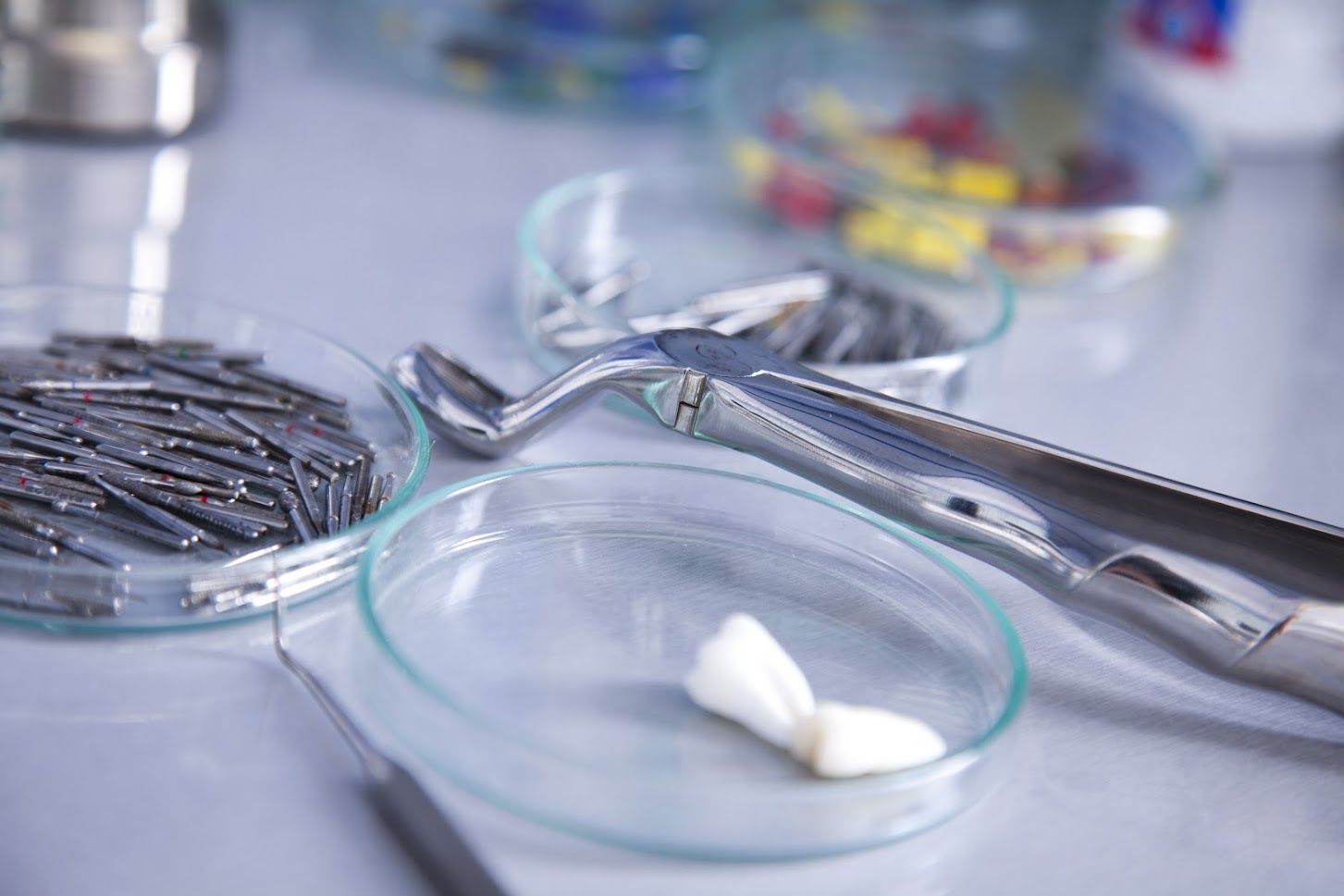(843) 216-0908
Steps to Properly Care for Your Dental Implants
Daily Care for Your Teeth
Brushing and flossing continue to be an essential part of your oral health and should continue to be a part of your daily routine before and after surgery. Getting rid of bacterial plaque extends the life of your investment. When you neglect your dental health, plaque can transform into tarter and release dangerous toxins into your mouth, leading to gum disease.
With dental implants , these toxins can cause peri-implantitis. This gum condition releases microorganisms that can infect the periodontal cells and damage the bone next to the implant.
Best practice includes brushing your teeth twice a day with a soft bristle brush and non-abrasive toothpaste and flossing at least once a day.
How Your Diet Impacts Your Dental Health
Medical doctors tell you to eat a healthy diet because it builds strong bones and a healthy body. Your diet also affects your dental health. Your teeth and gums need an abundance of vitamins and minerals to stay strong. Foods that are high in fiber, calcium and proteins are good for your oral health.
Foods that can damage your teeth include hard and sticky foods and a diet that contains an abundance of sugar, carbohydrates, and starches. Hard and sticky foods can damage dental implants, and too much sugar can harm your gums and erode your remaining natural teeth.
Avoid Smoking, Vaping, and Chewing Tobacco
Scientific research links the use of tobacco products with increased periodontal disease. Nicotine shrinks blood cells reducing blood flow to your vital organs and tissues. It has also been shown to weaken your immune system making it more difficult for your body to fight off disease and heal after an injury.
Other problems arising from smoking are burned tissues around the mouth, blocked salivary glands, and tooth discoloration. Using tobacco also dries out your mouth, which can lead to the development of gum disease.
Dental implants can restore your smile and improve your overall dental health , and function. With the proper care and daily routine brushing and flossing, dental implants will improve your ability to chew, prevent further bone loss or deterioration due to missing teeth and improve overall facial esthetics.
FAQs
- How long do teeth implants last?
A typical dental implant will easily last 25 years or more with good dental hygiene and proper care and maintenance. Maintaining dental implants is no different than caring for your natural teeth and require twice daily oral care and good hygiene practices. Failure to properly care for and maintain your dental implants can greatly shorten the expected life of your implants.
- Are implants as strong as real teeth?
Advances in dental implants and the components and materials used in dental implants continue to improve the strength and durability of this popular tooth replacement option. In general, the bite strength of a dental implant is roughly 80-90% of the strength of your natural teeth, allowing patients to the return of their normal biting and chewing function.
- Can dental implants get cavities?
Dental implants consist of components that synthetic, extremely durable and resistant to affects such as decay, corrosion or decomposition. For this reason, dental implants are considered a permanent solution to tooth loss and typically last 25 years or more. If the crown of the implant ever becomes damaged or needs to be replaced, it is a relatively easy procedure to replace the crown of the implant.
- What is the alternative to dental implants?
Dental implants are one of the most popular options for replacing one or more missing teeth. In addition to implants, full or partial, fixed or removable bridges are a common treatment used to replace missing teeth between adjacent healthy teeth.
The post Steps to Properly Care for Your Dental Implants appeared first on Smiles by Hogan.
CONTACT
Information
Phone: (843) 216-0908
Address: 3405 Salterbeck St. STE 100
Mt. Pleasant, SC 29466
Email: office@smilesbyhogan.com
BUSINESS
Hours
- Monday
- -
- Tuesday
- -
- Wed - Thu
- -
- Friday
- -
- Sat - Sun
- Closed
















